Key Benefits of Intelligent Automation:
Transforms Service Delivery
Increases Efficiency
Reduces Costs
Enhances Candidate Experience
Drives Accuracy
Improves Compliance
Faster Time to Hire
Deliver Upon Strategic Objectives
Operational Standardisation

Eric Pirozzoli – Associate Director of Workforce, Lewisham and Greenwich NHS Trust
“By automating some of our workforce processes, we’ve been able to improve the efficiency and accuracy of our HR function. Processing standard reference requests, for example, used to take days to complete, whereas now it can be done in a matter of hours without any errors or delays. This has not only reduced the administrative burden on our HR team, but has also enabled us to provide a better experience for our staff and other stakeholders, ensuring they experience a smooth and seamless process. Thanks to the automation solution, we can now focus on more strategic and value-added activities, ultimately leading to better patient outcomes and a more effective and efficient NHS. We are excited for our next automated process to go live soon.”

Ben Wall – Operations Director, e18 Innovation
“Automating finance processes in the NHS is an essential step towards achieving operational efficiency. By implementing automation technology, the NHS can streamline financial workflows, reduce manual errors, and increase processing speed. This not only results in cost savings, but also provides real-time financial data and reporting, enabling more informed decision-making. Automating finance processes in the NHS is a key component of digital transformation and can support the NHS to achieve its goals of delivering high-quality patient care whilst also managing costs effectively.”
Use Cases:





